Posted on November 27, 2018 by Michelle Skidmore

Focusing on the importance of Latino influence and representation with the community and nation, the UTSA Policy Studies Center, hosted its second annual Latino Policy Symposium: Path to Power & Prosperity, Oct 4-5 at the Downtown Campus.
This year's symposium significantly grasped attendees’ attention with riveting speakers and panel discussions that circulated around Latino influence in policy making and more. Panel members and speakers took their wisdom and embraced every insight with a positive perspective for solution. These symposiums are designed to ignite conversation for current and future Latino leaders and community members and to encourage them to continue to be the change.
"We really want people to find out and [understand] what the major issues are that affect the Latino community," says Dr. Rogelio Sáenz, Professor and Dean of the UTSA College of Public Policy. “Issues range from immigration policy and reformation, economic influence and more in order to create an agenda that helps enhance the Latino community.”
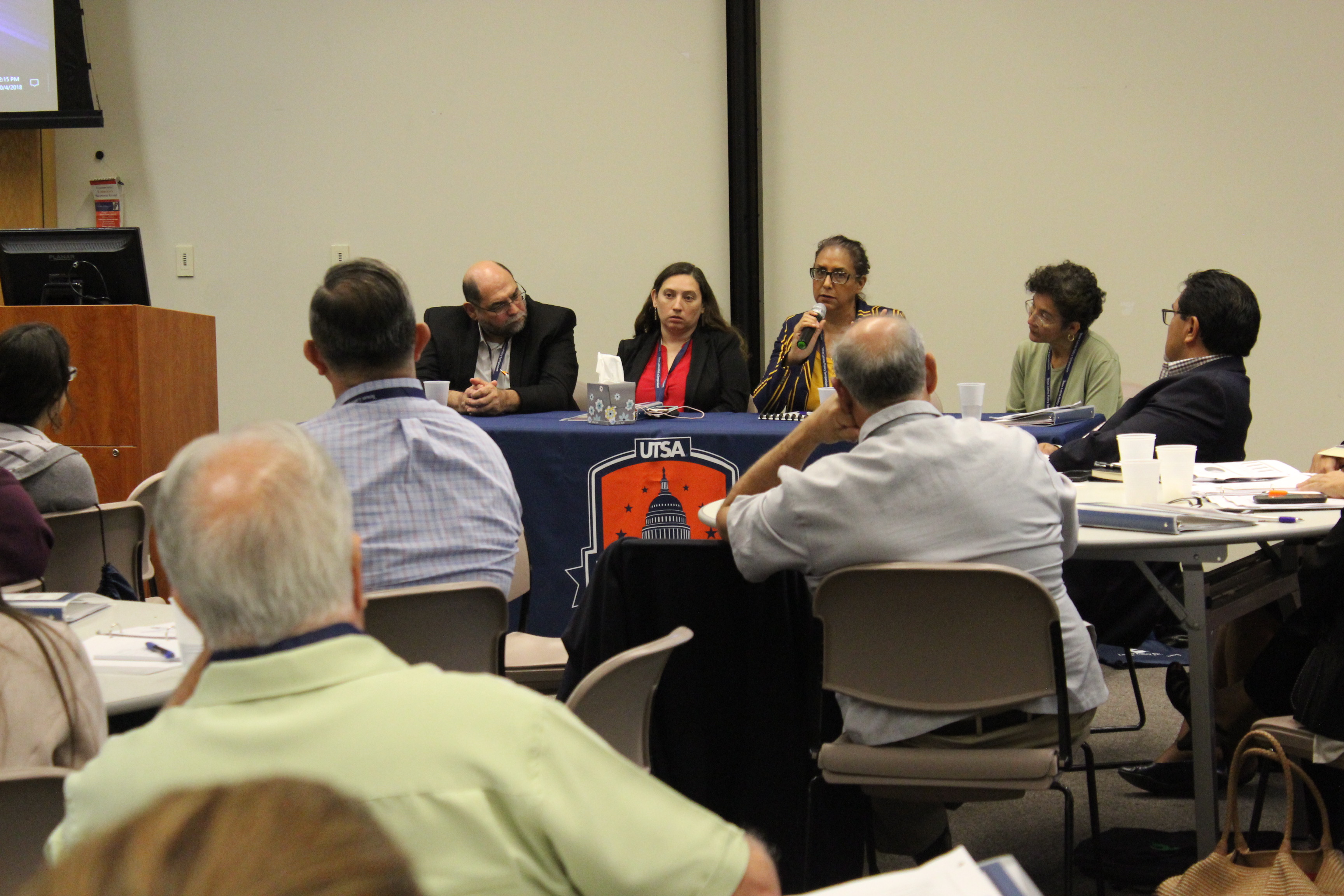
“In 2020 [Texas] is going to have the largest racial and ethnic group in the U.S., and there are still a lot of [unanswered] questions as to what that agenda is going to look like for the next generation,” says Dr. Sáenz.
With over 50 percent of the student population at UTSA being Latino, conversations surrounding Latino influence — and how it will affect the U.S. economy for generations to come — have been capturing the attention of community members across San Antonio. But it doesn't stop there. Influential leaders within the Latino industry, such as Ana Valdez , Executive Director of the Latino Donor Collaborative (LDC) , shared her valuable expertise and insight on this matter at this year's Latino Symposium.
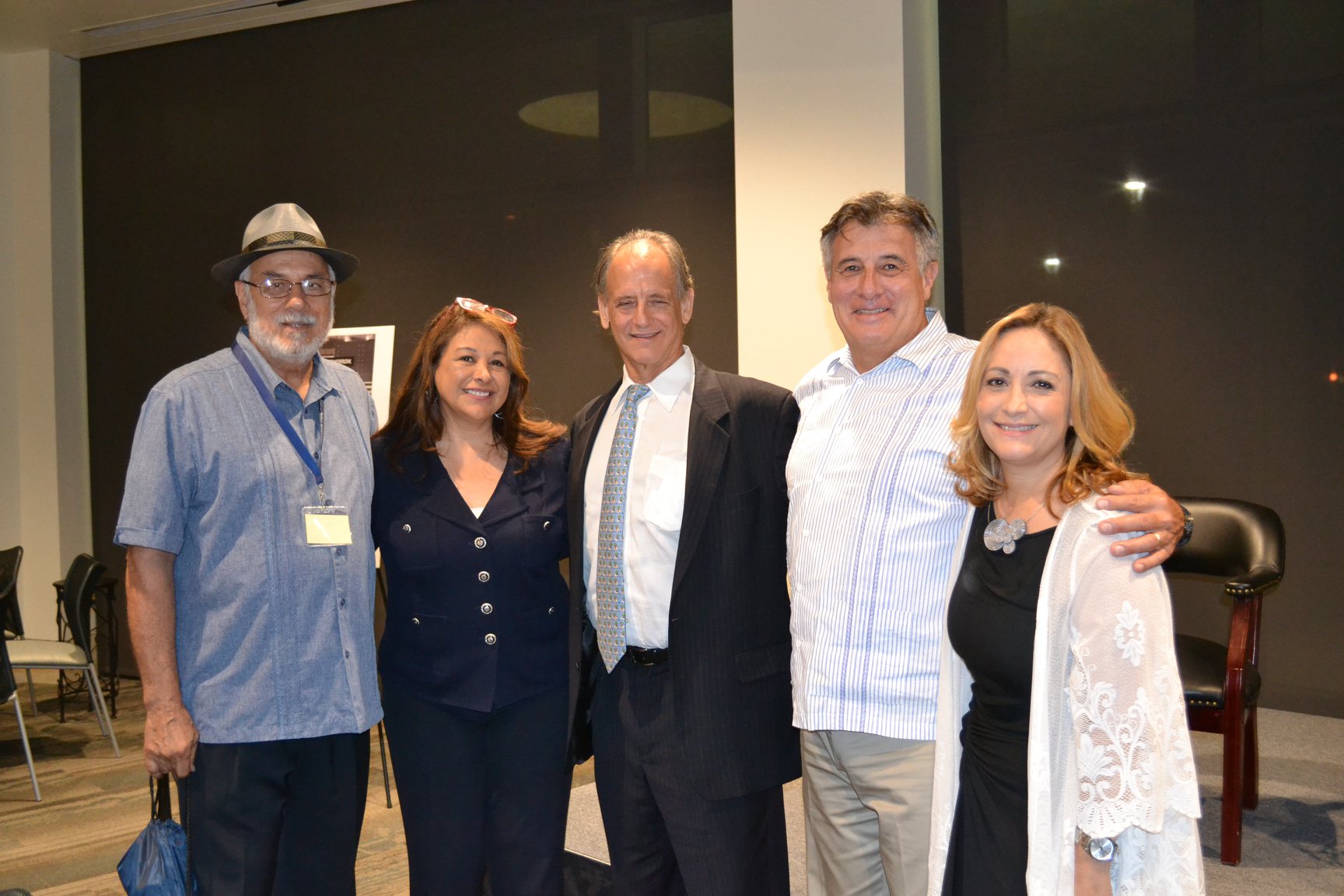
Latino Donor Collaborative
“ Our mission at LDC is to create a narrative about Latinos in the United States that actually reflects the fact based data of who we are,” says Valdez. “ When we change the narrative we provide the real image of who Latinos are with data and numbers. We want to make the change with our research.”
According to the LDC, America's GDP change is 13 percent more than it would be without Latino contribution. In 2018, Latinos are expected to consume more than $1.7 trillion in goods alone and are anticipated to create more than two million jobs, contributing tremendously towards the nation's economy. LDC's research shows that Latinos drive business and job growth by up to 86 percent. As thousands of baby boomers reach a retirement age, American Latino workers are stepping up to the plate and are helping maintain the stability of the nation's economy.
“We are a cohort within the United States that is driving the economy that is young [and] prosperous – we have one of the highest upward mobilities in the country. We are
graduates, we enroll in school…,” says Valdez. “All of this narrative of hateful speech of who we are in the media, and sometimes portrayed during the current administration, is not who we really are. We are Latino leaders and we can change the world.”
Beatriz Acevedo , Mitú founder, award winning bilingual media executive and entrepreneur, also joined UTSA's Latino Symposium. Acevedo shared her insight regarding the importance of Latino representation in the media and how powerful digital media can be for the Latino community.
“Just by being you, you can make a difference. [Anyone] can add to the conversation,” says Acevedo. “ It wasn't until digital media that I was extremely excited about how this
generation has the opportunity [to] make their own opportunities just by using their [smartphone].”
Leading with tremendous business backgrounds and nonprofit experience, Valdez and Acevedo have become a voice for Latinos across the nation through their infectious spirit and passion towards the empowerment of the Latino community.

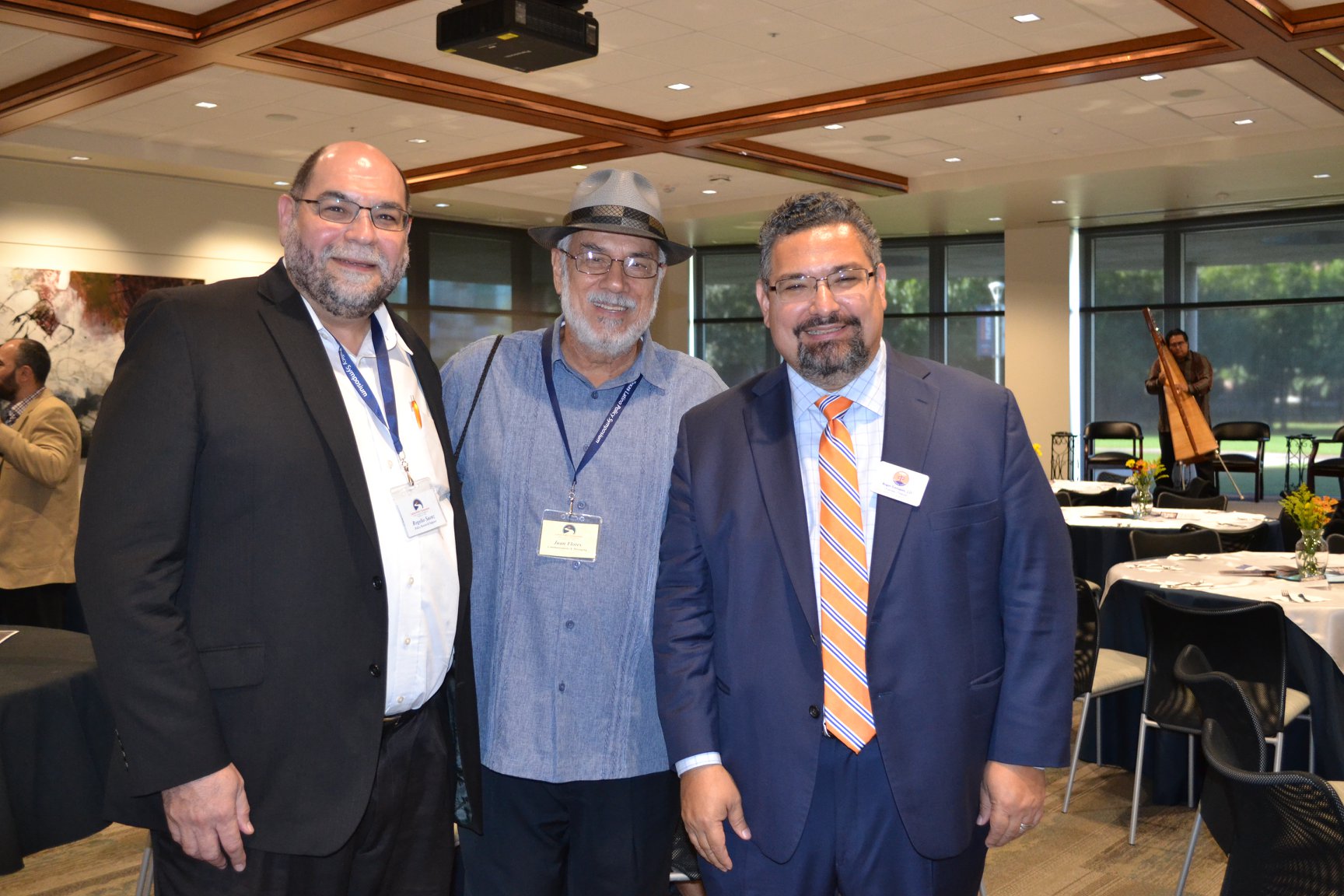

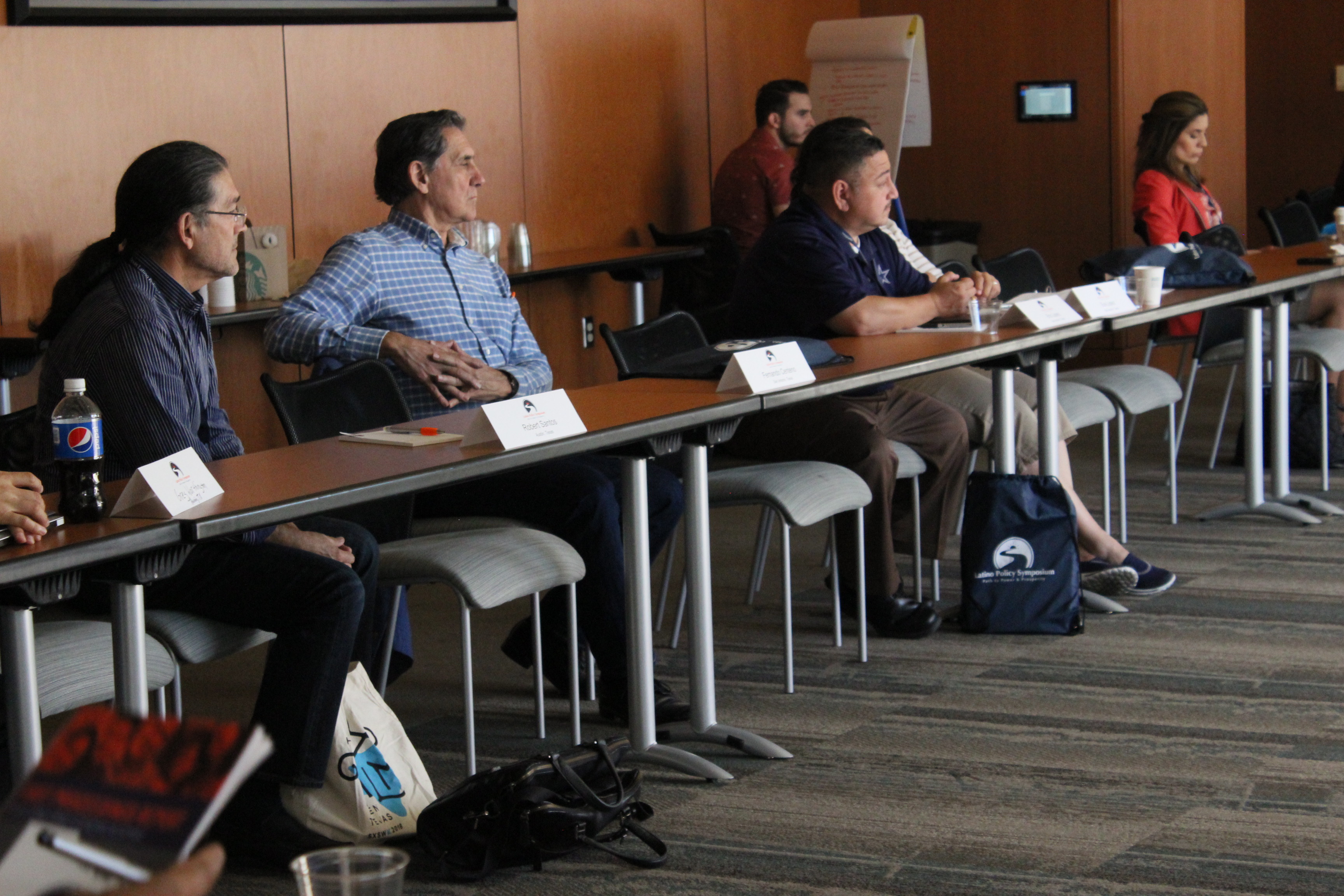
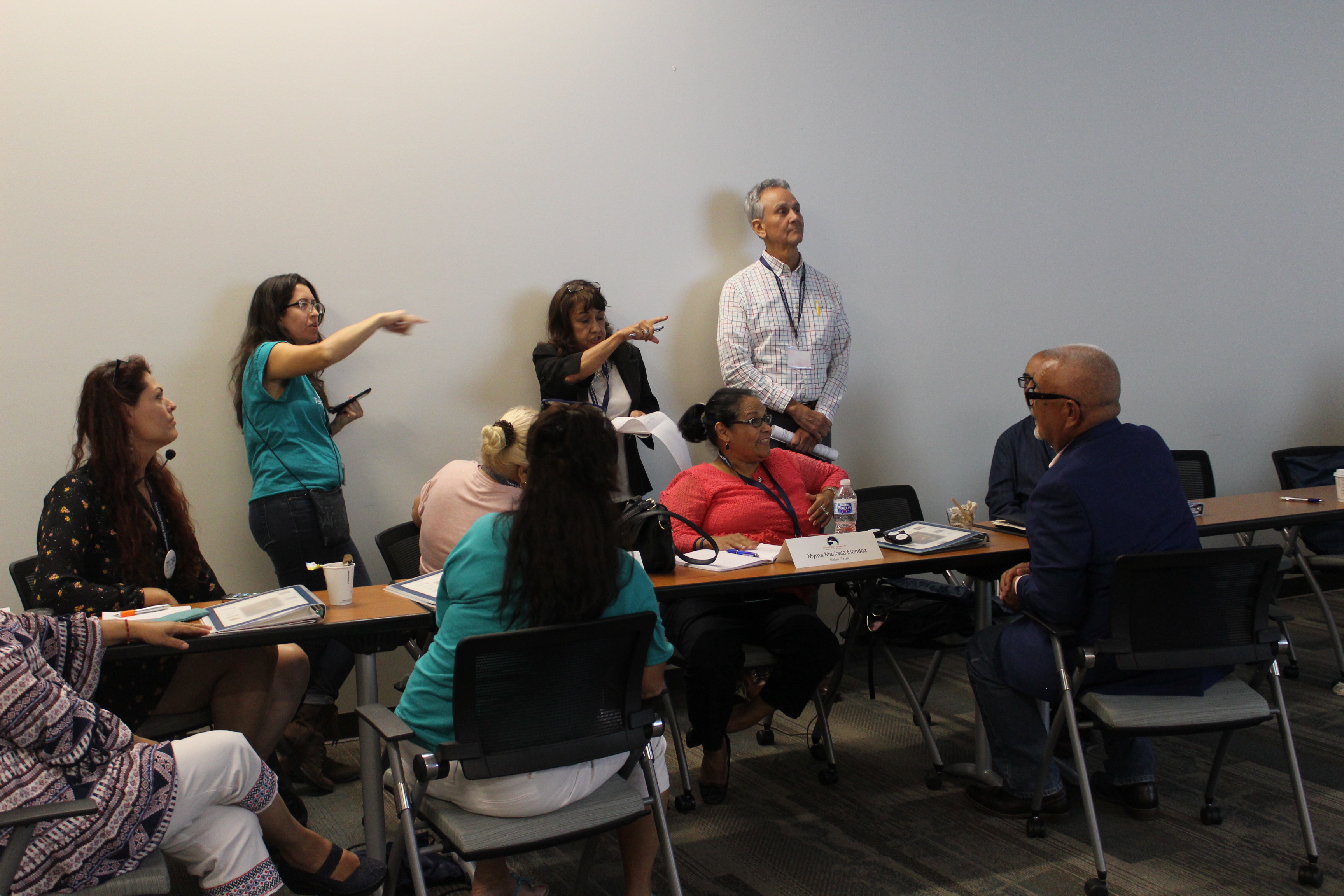

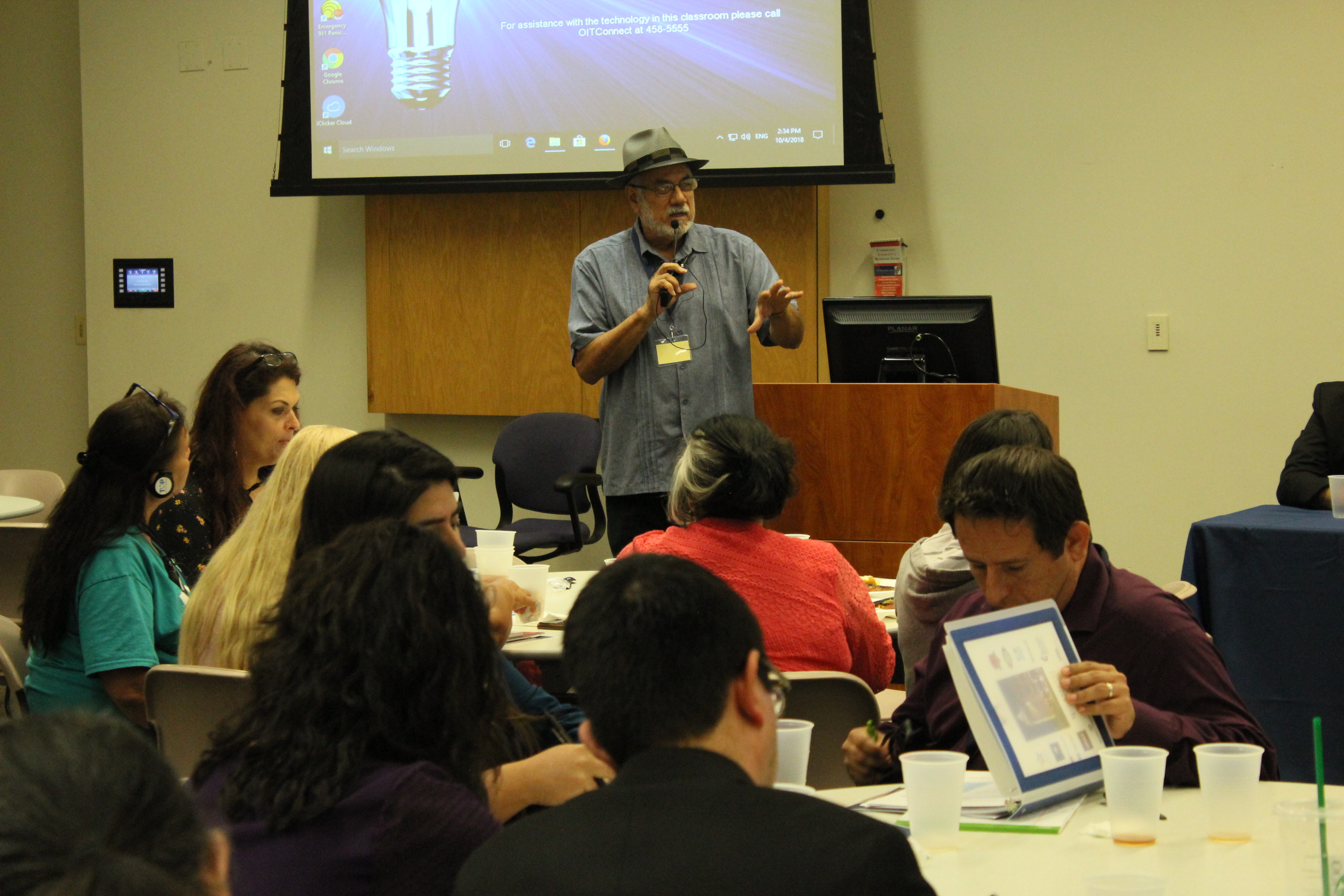
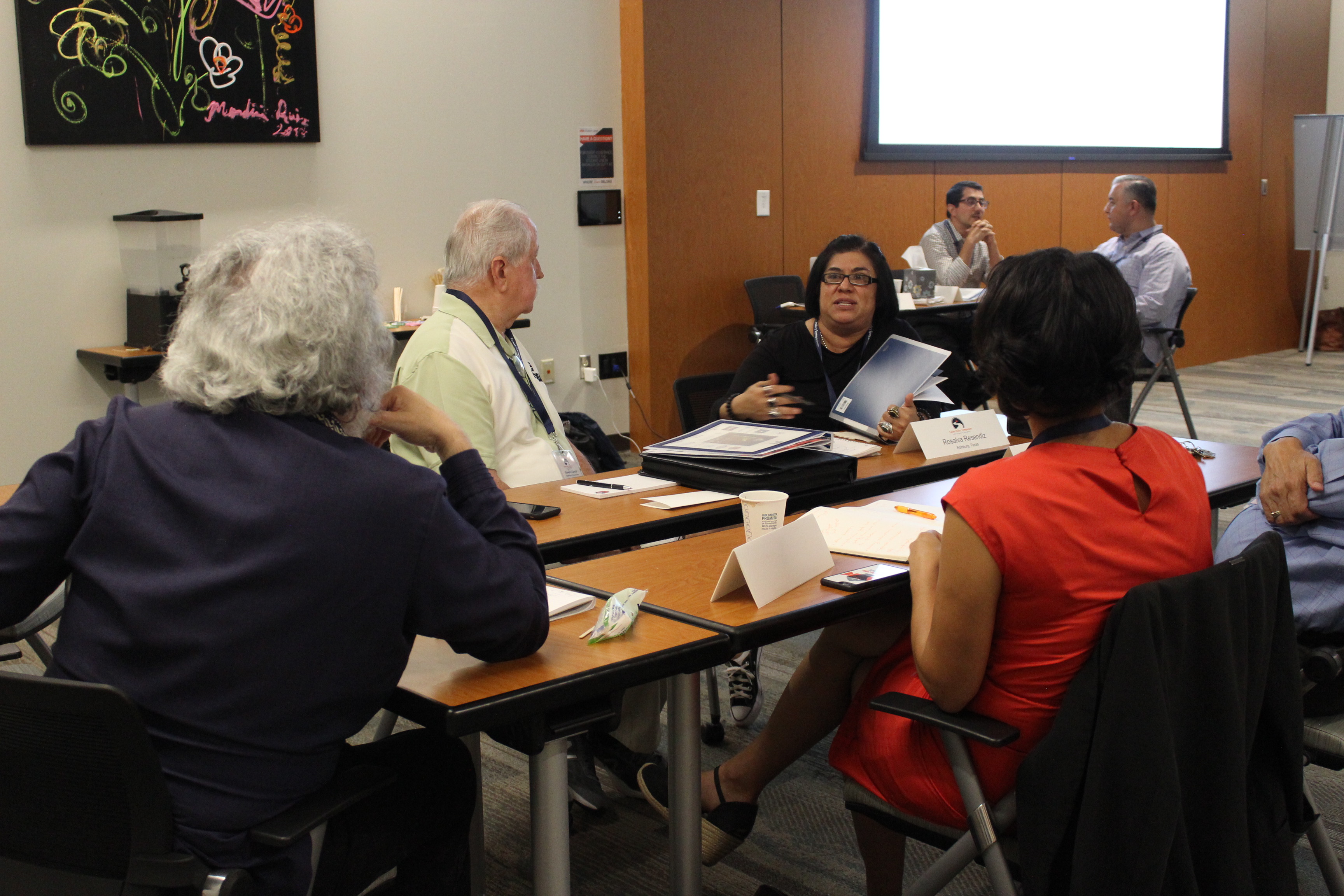
For more information about UTSA's College of Public Policy and upcoming events, please visit http://copp.utsa.edu .
by Brenda Nicole Peña, MPA
Interviews have been edited and condensed for this article.

